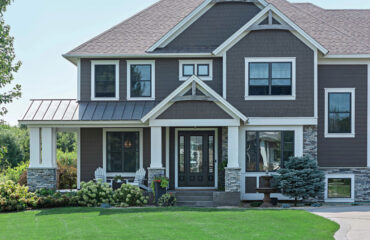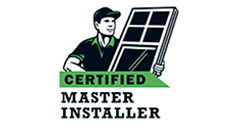Casement windows are advantageous because they have a great weathertight seal, and they also provide more ventilation. Additionally, the screen is installed on the inside, which means it is easier to pull out and clean when you are on the second floor (or higher) of your home.
But casement windows also have their share of drawbacks that you may need to consider. Here are 7 reasons why casement windows may not be your best option at home:
- They have more mechanical parts that could break than other window types;
- They may conflict with each other, thus preventing them from being completely opened;
- Conventional air-conditioning units do not fit in casement windows;
- Purchasing an air-conditioning unit that will fit a casement window will be much more expensive;
- Your home is more exposed to the elements, such as the sun, rain, and snow;
- Having screens on the inside means that the screens can be more easily damaged, especially if there are pets or children in the home; and
- They can reflect the sun directly into your home.
Do these drawbacks make you think twice about installing casement windows? Let us know what you think.



















You must be logged in to post a comment.